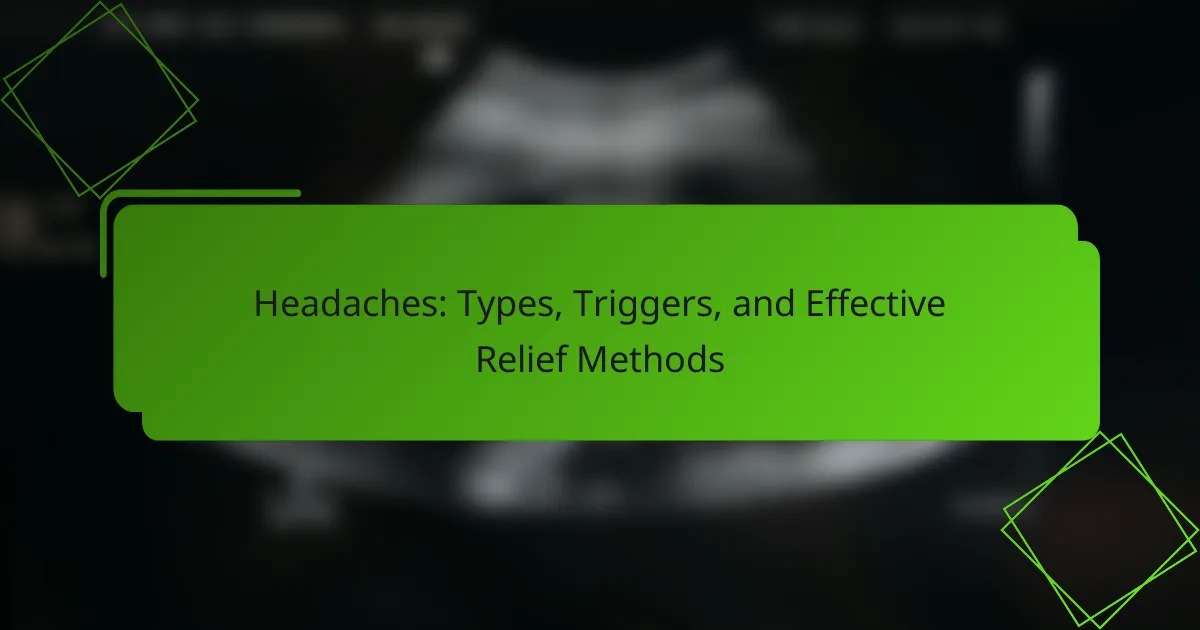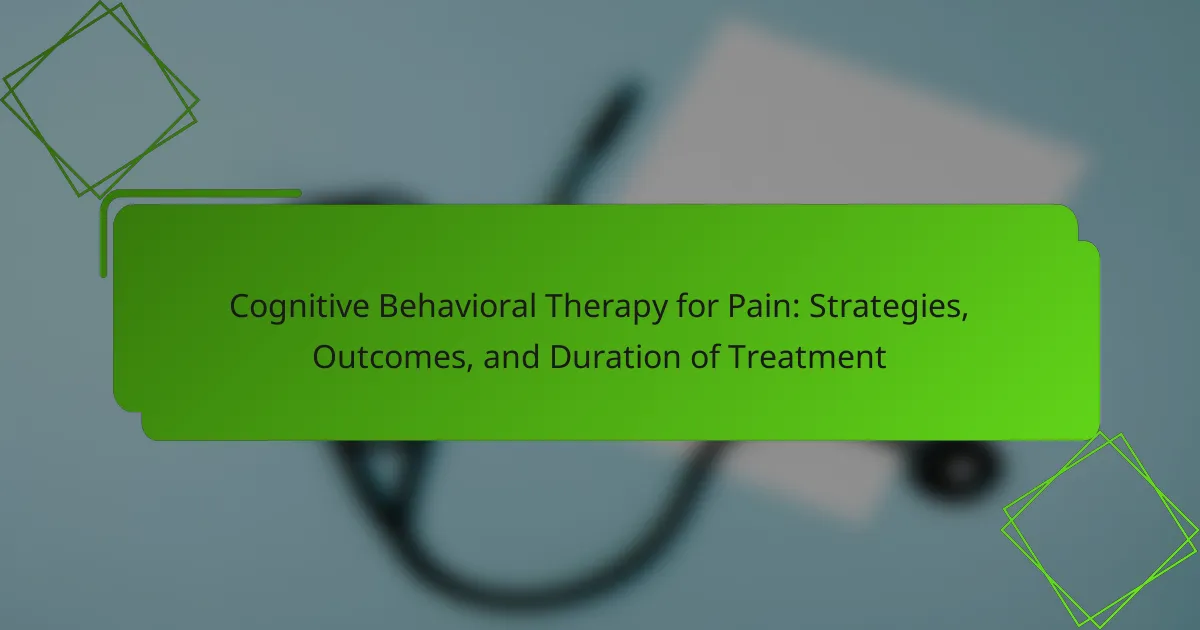What are Muscle Relaxants and Their Role in Pain Management? Muscle relaxants are medications that relieve muscle tension and spasms. They work by acting on the central nervous system or directly on muscle tissue. These medications help reduce pain associated with conditions like back pain, fibromyalgia, and muscle injuries. Common types include benzodiazepines, antispasmodics, and […]

Cold and Heat Therapy for Pain Relief: Methods, Benefits, and Application Duration
What is Cold and Heat Therapy for Pain Relief? Cold and heat therapy are methods used for pain relief. Cold therapy, or cryotherapy, involves applying cold packs or ice to reduce inflammation and numb pain. It is effective for acute injuries and swelling. Heat therapy involves using heat packs or warm baths to relax muscles […]

Emerging Research Findings on Chronic Pain Management Techniques and Their Effectiveness
What are the emerging research findings on chronic pain management techniques? Emerging research findings indicate that multidisciplinary approaches are effective in chronic pain management. Studies show that combining physical therapy, psychological support, and medication improves outcomes. For instance, a 2022 study published in the Journal of Pain Research by Smith et al. found that patients […]

Headaches: Types, Triggers, and Effective Relief Methods
What are Headaches and Why Do They Occur? Headaches are a common type of pain that occurs in the head or neck region. They can result from various factors including tension, dehydration, or certain medical conditions. Tension headaches are often caused by stress or muscle strain. Migraines are another type, characterized by intense pain and […]

Cognitive Behavioral Therapy for Pain: Strategies, Outcomes, and Duration of Treatment
What is Cognitive Behavioral Therapy for Pain? Cognitive Behavioral Therapy for Pain is a psychological treatment designed to help individuals manage chronic pain. It focuses on changing negative thought patterns and behaviors related to pain perception. This therapy aims to reduce the emotional distress associated with pain. It employs strategies such as cognitive restructuring and […]

Comparing NSAIDs for Post-Surgical Pain Relief: Efficacy, Risks, and Duration of Action
What are NSAIDs and how do they function in post-surgical pain relief? NSAIDs, or non-steroidal anti-inflammatory drugs, are a class of medications used to relieve pain and reduce inflammation. They work by inhibiting enzymes known as cyclooxygenases (COX-1 and COX-2), which play a key role in the production of prostaglandins. Prostaglandins are compounds that promote […]

Navigating Pain Management: Patient Rights, Resources, and Advocacy Tips
What does navigating pain management involve? Navigating pain management involves understanding treatment options and patient rights. It requires assessing the type and severity of pain. Patients should communicate openly with healthcare providers. This includes discussing symptoms, treatment goals, and concerns. Accessing resources such as pain management specialists is crucial. Patients must be aware of their […]

Migraines: Symptoms, Triggers, and Treatment Plans
What are Migraines? Migraines are a type of headache characterized by intense, debilitating pain. They often occur on one side of the head. Symptoms can include nausea, vomiting, and sensitivity to light and sound. Migraines can last from a few hours to several days. According to the World Health Organization, migraines affect approximately 14% of […]
Transcutaneous Electrical Nerve Stimulation (TENS) for Pain: Mechanism, Benefits, and Usage Guidelines
What is Transcutaneous Electrical Nerve Stimulation (TENS)? Transcutaneous Electrical Nerve Stimulation (TENS) is a pain relief technique that uses low-voltage electrical currents. It involves placing electrodes on the skin to deliver these currents. TENS works by stimulating sensory nerves, which can help reduce the perception of pain. The electrical impulses can interfere with pain signals […]

The Influence of Antidepressants on Neuropathic Pain: Mechanisms, Benefits, and Side Effects
What are Antidepressants and Their Role in Pain Management? Antidepressants are medications primarily used to treat depression, but they also play a significant role in pain management. They can help alleviate chronic pain, especially neuropathic pain, by altering the way the brain processes pain signals. Certain types, such as tricyclic antidepressants and serotonin-norepinephrine reuptake inhibitors, […]
